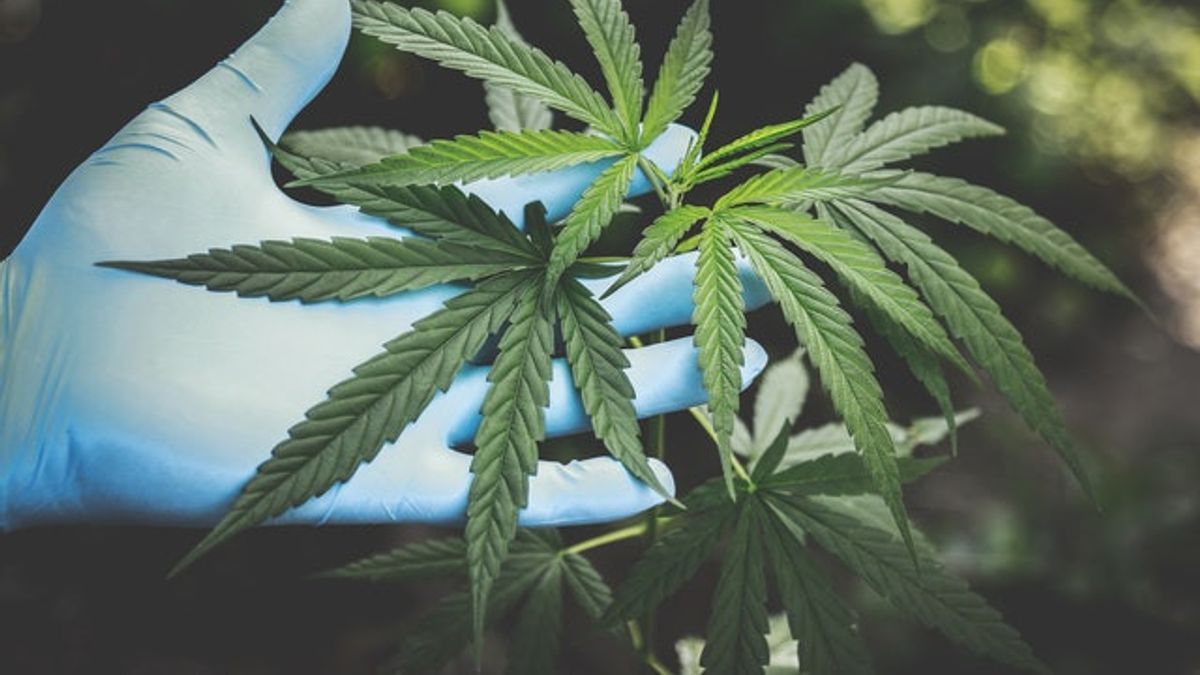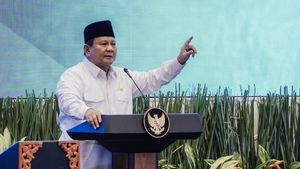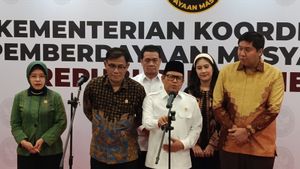The DPR RI in recent weeks has intensely discussed the issue of medical marijuana. Even Vice President Maruf Amin asked MUI to review and issue a fatwa related to medical marijuana. The topic became crowded because in Indonesia marijuana is a prohibited item.
In the discussion in the DPR, it was revealed that medical marijuana has several benefits. As stated by the Chairperson of the Sativa Foundation, Professor Musri Musman. According to this cannabis researcher from Syiah Kuala University Aceh, medical marijuana through CBD (Cannabidiol) oil which is a non-toxic compound extracted from the cannabis plant can treat cerebral palsy. According to Prof. Musri, CB1 nerves originating from the cerebrum, namely the brain, are able to work together with CB2 in peripheral nerves. He also said Cannabidiol (CBD) which is one of the active compounds in marijuana will not cause addiction if its use is controlled.
Even in front of members of the House of Representatives Commission III, Prof. Musri also revealed the economic and health benefits if used for medical purposes. According to him, if marijuana is used as medicine, it can generate around IDR 34.8 trillion a year in 1,000 hectares of land alone.
The DPR also invited and asked for Santi Warastuti's opinion, which went viral for pushing the legalization of medical marijuana for her child. As is known, Santi had held a demonstration to fight for medical marijuana to be legalized. He did this because he had to use marijuana for the treatment of his son who had cerebral palsy.
In the context of treatment, it's not just Santi Warastuti. Several years ago, Fidelis Arie Sudewarto, a resident of Sanggau, West Kalimantan, had to be imprisoned for growing marijuana (Cannabis sativa).
As previously published in VOI, Yeni Riawati, Fidelis' wife, often has a fever and has paralysis in several parts of her body. Doctors said Yeni had the rare disease Syringomyeila. A form of central nervous system disorder caused by cysts that grow on the spine. Back and forth for treatment at the Fidelis hospital, he felt that there was no significant progress. Fidelis decided to take care of his wife himself.
From research conducted independently, Fidelis believes that Cannabinoids from marijuana are a panacea for his wife's illness. After trying it turned out to be successful. Wife's condition improved. From the beginning can not be fluent in communication. In order to obtain medicinal ingredients for his wife, he then planted marijuana and reported it to the local authorities. As a result, he was arrested. His wife himself a few weeks later died.
Regarding medical marijuana, several countries in the world have legalized it. Including neighboring countries Malaysia and Thailand. In fact, Thailand is the first country in Asia to legalize and free its residents to grow and consume marijuana.
Outside of Asean countries, Mexico is one of the countries that relies on marijuana to increase state revenue. Earlier last year Mexico's Ministry of Health published a Law (UU) that regulates the use of medical marijuana. This is a major step for Mexico to create the world's largest legal cannabis market in Latin America.
However, although it has medical benefits and is economically lucrative that has the potential to increase state revenue, marijuana also has a downside. As revealed by narcotics law expert, Faculty of Law, Bhayangkara University, Greater Jakarta, Dr. Slamet Pribadi, who believes that it is dangerous if used for a long time. According to him, prolonged use of marijuana and then reaching dependence can cause problems such as delays in thinking, making decisions, and reducing the user's immune system.
The same thing was also expressed by the Expert Group of the National Narcotics Agency for Pharmacy, Mufti Djusnir, who said that the compound in marijuana, namely delta-9 tetrahydrocannabinol or THC, is beneficial for the body, one of which causes calcification of brain cells. According to him, the consequence of someone whose ability to bind oxygen in the brain is very low, then that person will be stupid.
So it must be studied properly. Members of the DPR have yet to come to an agreement. Still continuing to carefully review legalizing marijuana for medical use. Still weighing more benefits or disadvantages.
From a legal perspective, legalizing marijuana is not as easy as turning the palm of the hand. Because Law Number 35 of 2009 concerning Narcotics is stated in Article 8 paragraph (1) which states that marijuana is one of the first-class narcotics which is prohibited for the benefit of health services.
And, the Head of the National Narcotics Agency (BNN) RI Komjen Pol. Petrus Reinhard Golose also emphasized that there was no discussion about legalizing marijuana for medical or recreational needs in Indonesia, even though several countries have started to legalize the opium plant.
So even if you really want to legalize it, once again it must be studied and properly researched. Don't be mistaken. It's not legal for the general public to use it like in Thailand, Canada, or the United States but really for medical purposes.
Morphine, a type of narcotic, is also used for medical purposes under strict supervision. So, even if marijuana is used for the same thing, it must also be really closely monitored. And that is no less important to amend or revise Law Number 35 of 2009 concerning Narcotics which prohibits marijuana from being used for the benefit of health services.
The English, Chinese, Japanese, Arabic, and French versions are automatically generated by the AI. So there may still be inaccuracies in translating, please always see Indonesian as our main language. (system supported by DigitalSiber.id)













